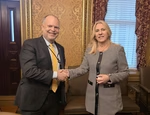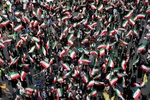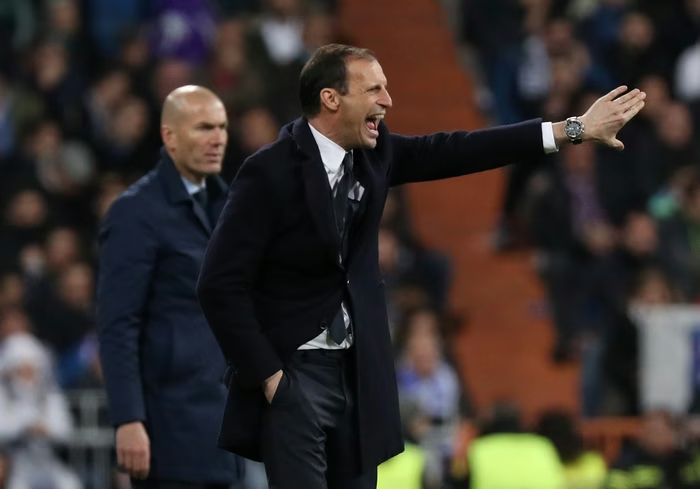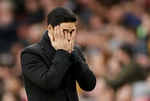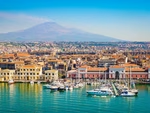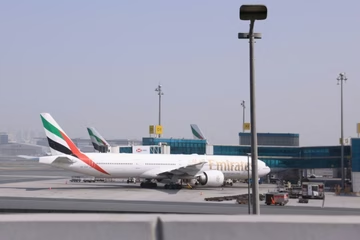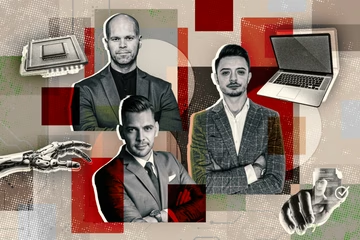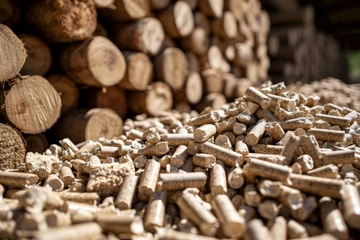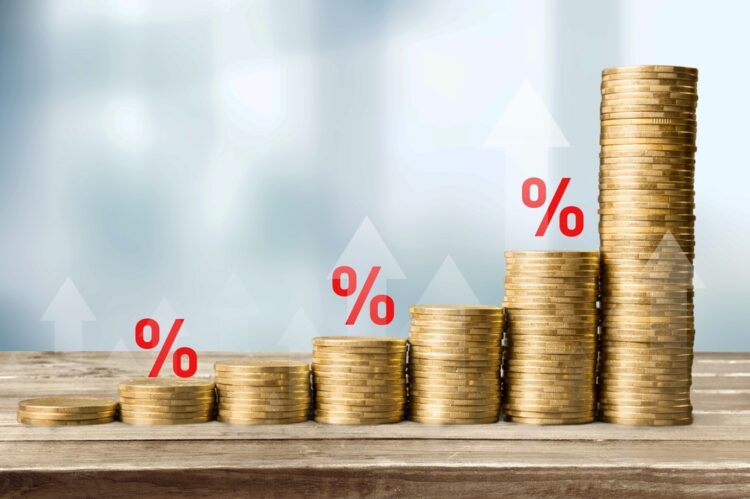
The euro area economy is growing again. Gross domestic product across the 20 countries that share the euro currency rose by 0.3% in the second quarter, compared with the previous three months, according to an official estimate published Monday.
Oglas
GDP in the euro area had fallen by 0.1% in the last three months of 2022, and stagnated in the first quarter of this year, CNN reported.
Separately, official data showed that the overall rate of inflation continued to fall this month. The consumer price index for the euro area rose by 5.3%, down from 5.5% in June.
But core inflation — which strips out volatile food and energy costs — was unchanged at 5.5% in July. And inflation for services and unprocessed food ticked up to 5.6% and 9.2% respectively.
Encouraging data
The euro area economy was hit hard last winter by the huge increase in energy prices that followed Russia’s invasion of Ukraine — but data from Europe’s two biggest economies on Friday had signaled that a recovery was already underway.
“The Putin shock is fading. Sky-high prices for energy and food had hit consumers hard, but as inflation recedes while employment continues to rise and wage growth firms, real disposable incomes of households look set to strengthen materially in coming quarters,” Holger Schmieding, chief economist at Berenberg, said in a research note on Friday.
French GDP grew by 0.5% in the second quarter, compared with the first quarter of this year, beating economists’ expectations, according to official statistics released on Friday. Germany stagnated last quarter, but that was a modest improvement from the previous six months, when Europe’s biggest economy was stuck in recession.
Despite the flurry of encouraging economic data, there are signs that the region could be heading towards stagnation, according to Schmieding.
He said that France’s better-than-expected growth figures were “entirely due to very strong exports,” while domestic indicators of demand “performed much worse,” including a 0.4% drop in household consumption.
“The delivery of a cruise ship to a foreign buyer contributed notably to this one-off gain in exports,” he added.
Demand for business loans in the euro area fell to a record low in the second quarter, according to a survey published by the ECB last week. Separate survey data showed that business activity contracted at the fastest pace in eight months in July.
An initial reading of the Purchasing Managers’ Index, which tracks activity in the manufacturing and service sectors, dropped to 48.9 from 49.9 in June. A reading below 50 indicates a contraction.
Oglas
A pause to rate hikes?
The European Central Bank raised the benchmark interest rate in the euro area by a quarter of a percentage point to 3.75% on Thursday, the central bank’s ninth consecutive hike.
But ECB President Christine Lagarde told journalists that she was considering a pause in hiking rates at the central bank’s next meeting in September.
Consumer price inflation has fallen sharply from a record 10.6% in October 2022 but is still well above the ECB’s 2% target.
Kakvo je tvoje mišljenje o ovome?
Učestvuj u diskusiji ili pročitaj komentare
Oglas
Kakvo je tvoje mišljenje o ovome?
Učestvuj u diskusiji ili pročitaj komentare
Oglas





 Srbija
Srbija
 Hrvatska
Hrvatska
 Slovenija
Slovenija
















